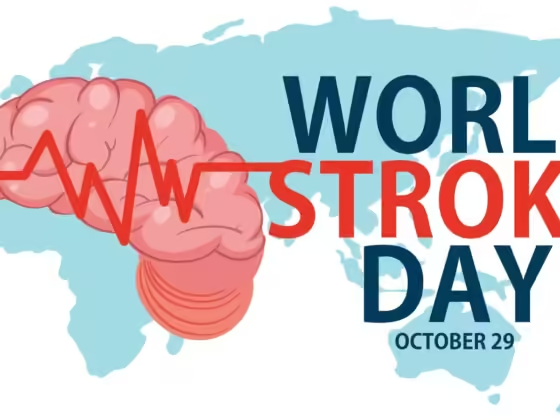It should come as no surprise that the pressure to be available 24*7 on social media is a very real challenge for today’s teenagers. Aside from the fact that their grasp of and dependence on social media far exceeds that of many adults, they also are using social media at much greater rates too.
“Social media can have a strong impact on young minds. The positive is the ease of access and ability to connect with people, gain knowledge and information and utilize social media to create effective support structures which can facilitate mental health and well-being. It aids in providing young minds much needed information about mental health itself as well and can provide an understanding of what can be done for self-care. While these positive aspects are there, social media can also become a rather persistent, pervasive and intrusive element in the lives of young minds and shape their ways of thinking, feeling, behaving as well as their attitudes towards people and situations,” said Kamna Chhibber, Head, Department of Mental Health and Behavioral Sciences, Fortis Healthcare.
Being continually on social media can take away from other real-life experiences which are outside of the virtual world and compromise the individual’s social relationships, their skills of navigating social situations and managing themself across situations.
He said, “A lot of young people also engage in excessive comparisons and utilize the media they consume across social media platforms as the benchmark for what they believe is good, good enough, acceptable or positive and can attempt to shape themselves and their ways of being and doing things in the same way. This compromises their ability to think through things and make decisions using critical thinking and problem solving as processes of analysing situations and what they can or need to do for themselves. The negative impact is further enhanced on account instances of bullying, trolling, cancelling and other negative behaviours that are often enacted upon social media platforms.”
It is important that to ensure young people’s mental health is not compromised they be media literate, understand why certain messages are created and the different vantage points that can be taken to view a situation. Concurrently it is also essential that they question the content they consume, use verified sources and understand the expertise of the individual sharing information, he added.
Finally, it is also crucial that young people be aware of the safety measures and precautions they should undertake to safeguard their well-being and also understand the various system-related redressal mechanisms available across social media platforms as well as cyber safety-related laws.










